| Faculdade de Letras da Universidade de Lisboa, sala 5.2 - 11 Fev. 2016, 18:00 Org.: Centro de História da Universidade de Lisboa In a time when there is much discussion, and considerable anxiety about the concept of caliphate, I want to examine how caliphate has been understood by Muslims in the past and present. In the first part of the talk I shall discuss the origins of the institution in the years immediately following the death of Muhammad in 632. In looking at the reigns of Abu Bakr (632-4), Umar (634-44), Uthman (644-56) and Ali (656-61), the so-called orthodox caliphs, we can see how different ideas of the office emerged in particular the idea of shura as a way of choosing the caliph and the role of the Family of the Prophet, and the tribe of Quraysh more generally. I will also look at the difference between the ideas of khalifat Allah and khalifat rasul Allah and how these differences shape our understanding of the office. Finally in this section I will discuss the theories of the Kharijites and the challenge they posed to other groups. In the second part of the talk, I will move on to looking at the Umayyad caliphate of Damascus (661-750) and the Abbasid caliphate of Baghdad (750-1258) examining the bases of their legitimacy and how they exercised power. I will also consider the crisis of the caliphate in the tenth and eleventh centuries when the office effectively lost its power and the attempts of thinkers like Mawardi (d.1058), Juwayni (d.1085) and Ghazali (d.1111) to provide a new theory of the office. Consideration will also be given to Shi’ite views of the caliphate, both the ideas of the Twelver Shi’is and the Ismaili Fatimids (caliphs in Cairo 969-1071). The final section will trace the Caliphate in the Ottoman world down to its abolition in 1924 and subsequent attempts to revive it, notably in the opinions of Hizb al-Tahrir and the so-called Islamic state. |
|
Comments are closed.
|
Candidaturas abertasPrograma Interuniversitário de Doutoramento em História: mudança e continuidade num mundo global (PIUDHist) 2023-2024
Bolsa de Doutoramento Pedro Almeida Ferreira - Santa Casa da Misericórdia de Lisboa Chamadas / CallsCiclo de Seminários
2023-2024 Caminhos da Historiografia: História e Ciências Sociais dos anos 40 à atualidade Prazos: 25 de Abril e 31 de Julho ExposiçõesCiclos CH-ULisboaNewsletter CH-ULisboaSubscreva a nossa newsletter
Filtros
|

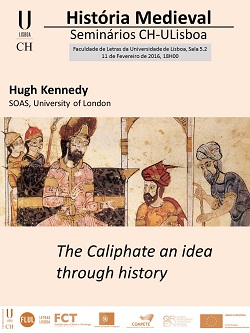



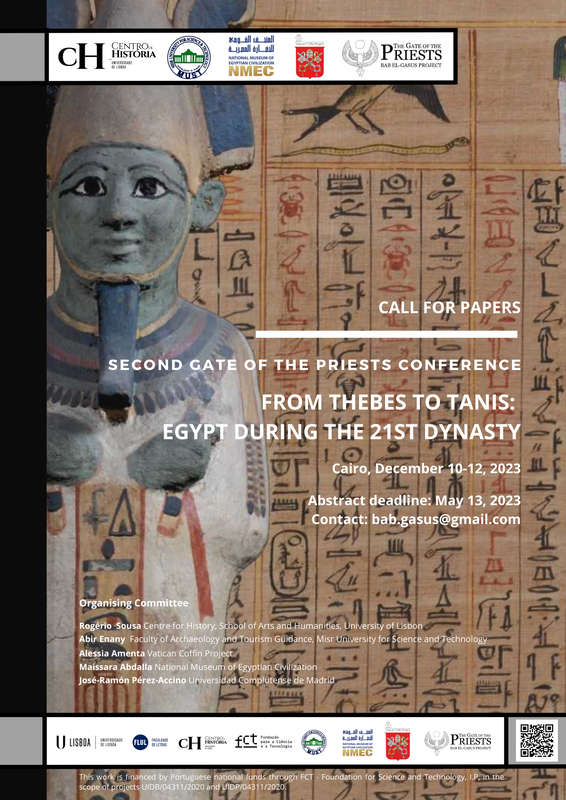
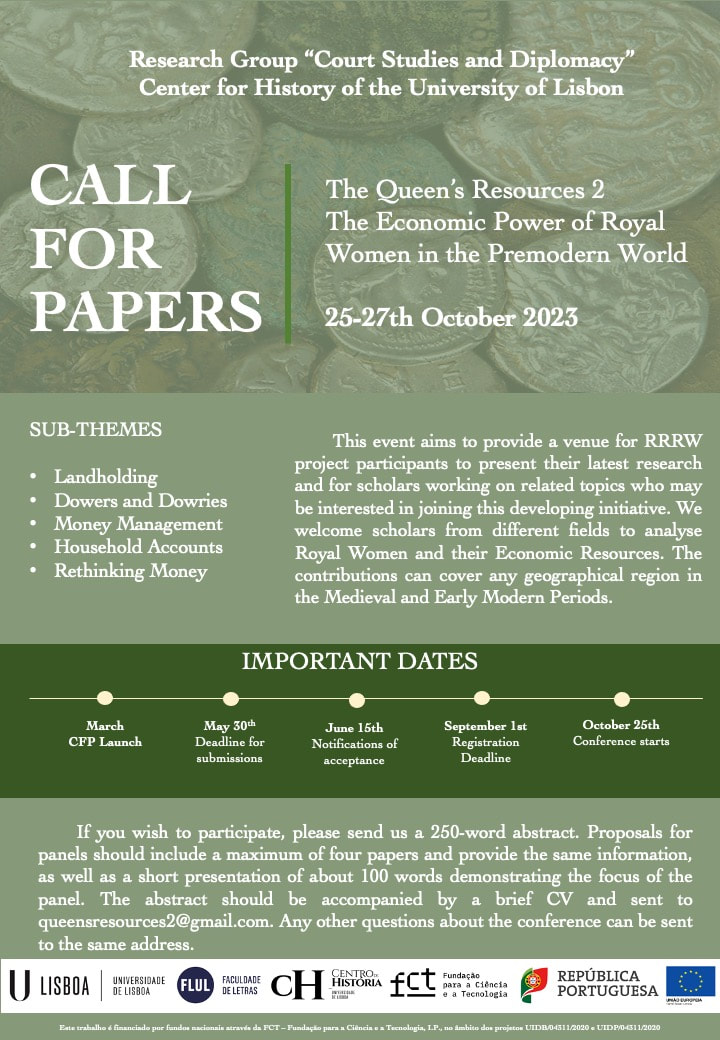
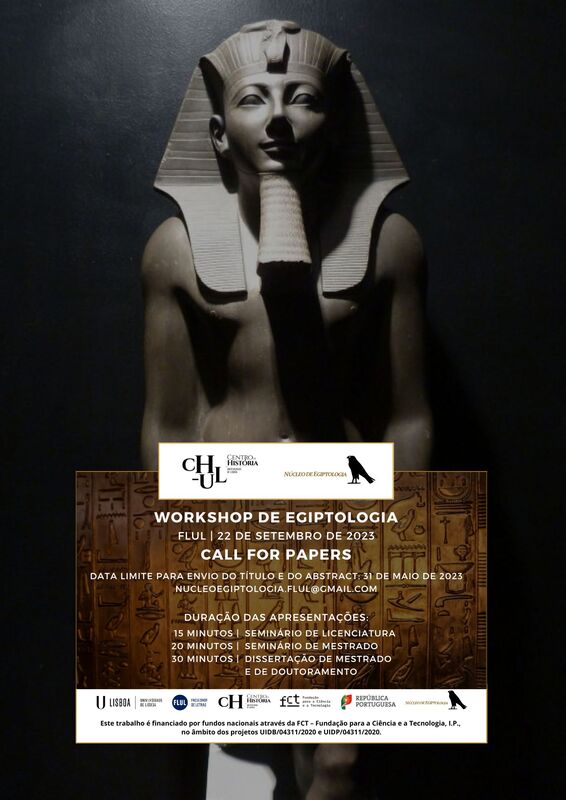
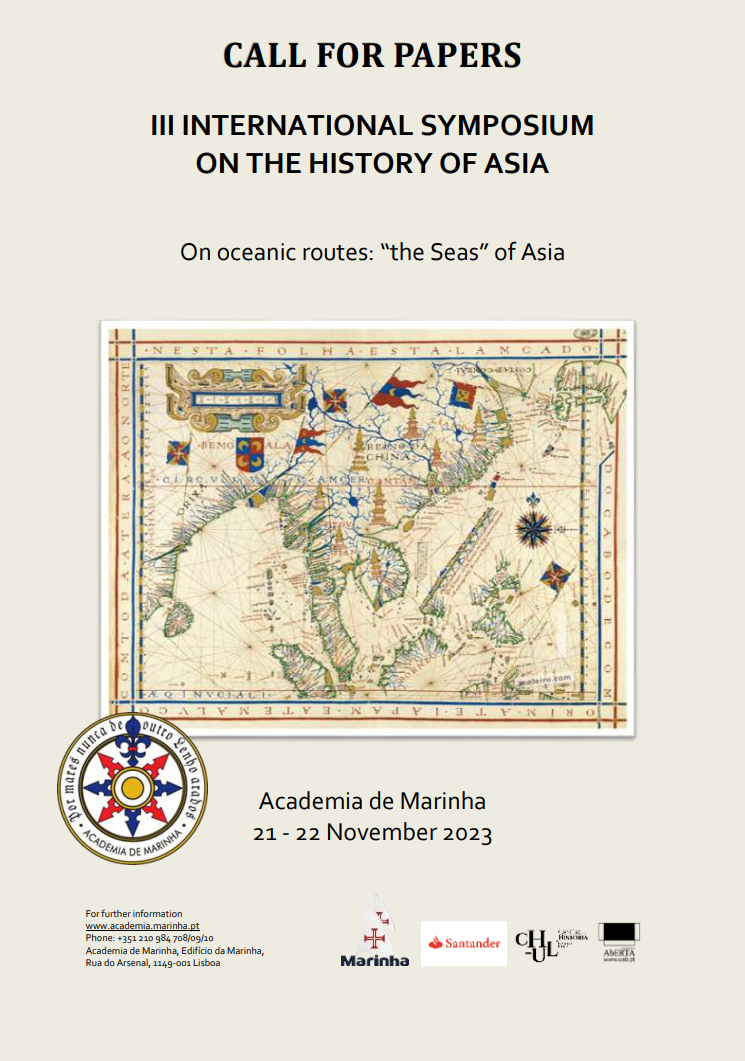
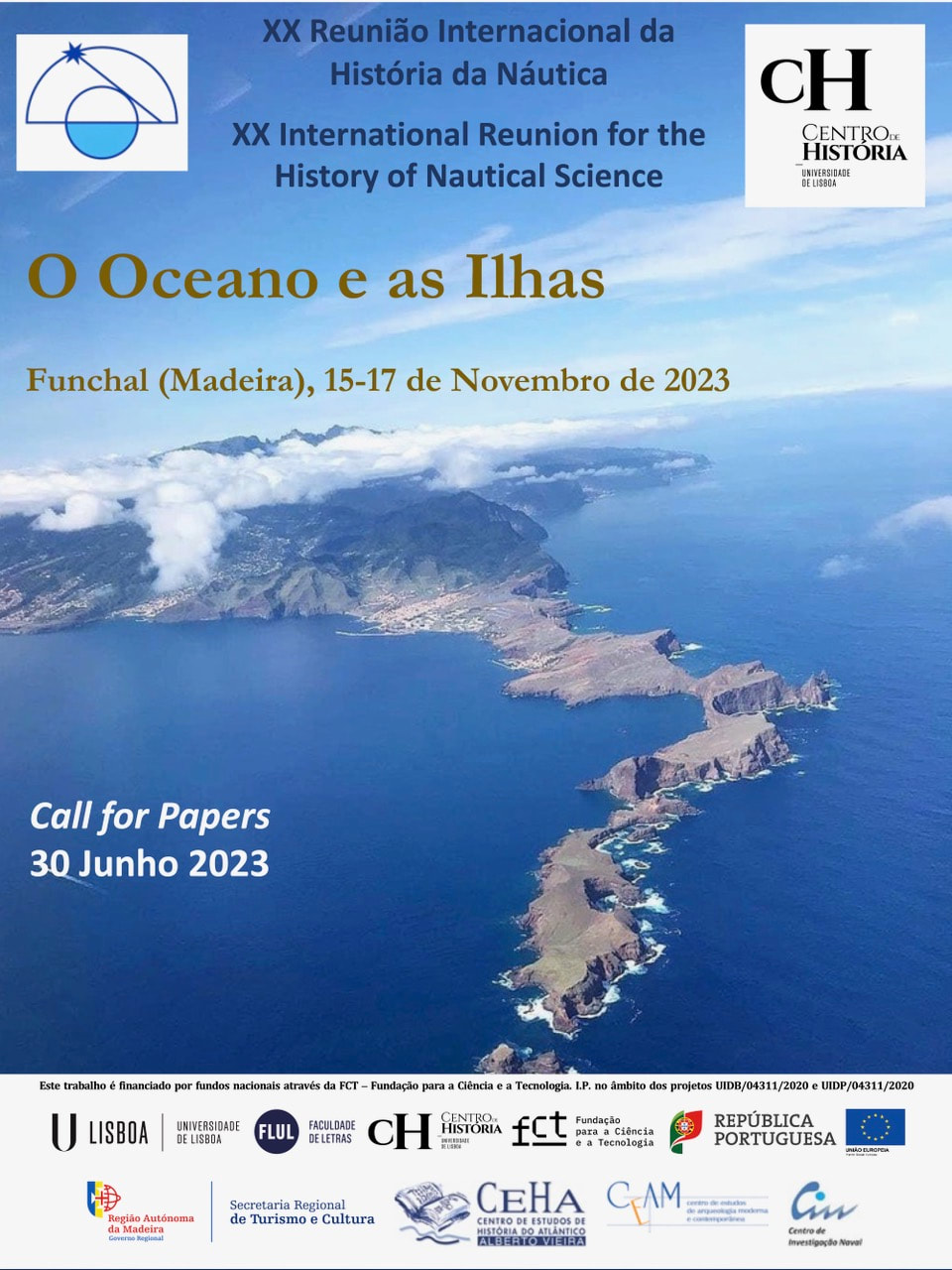
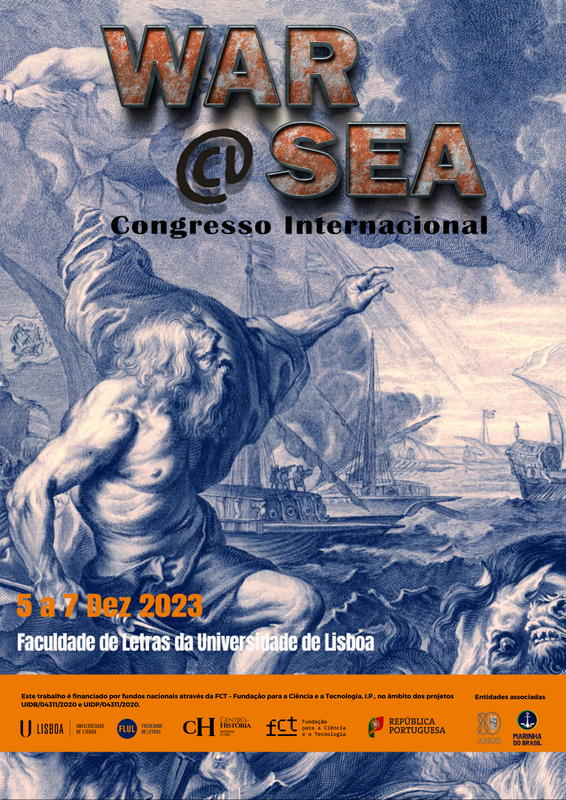
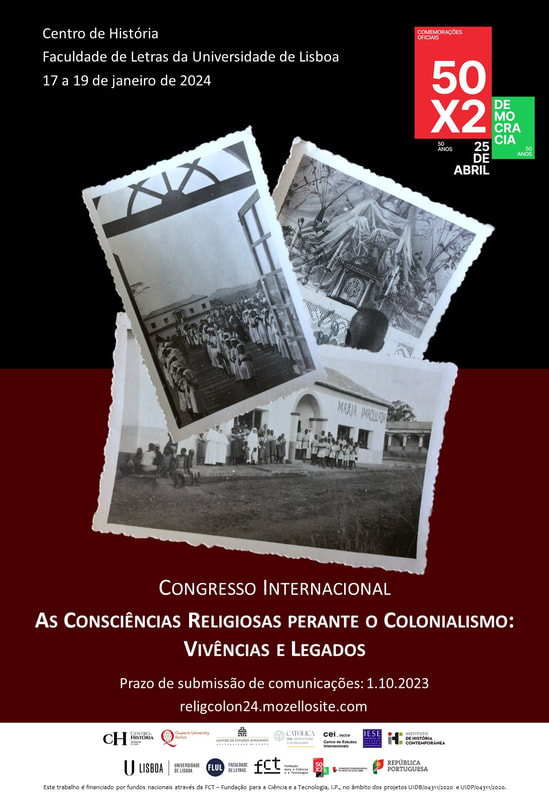
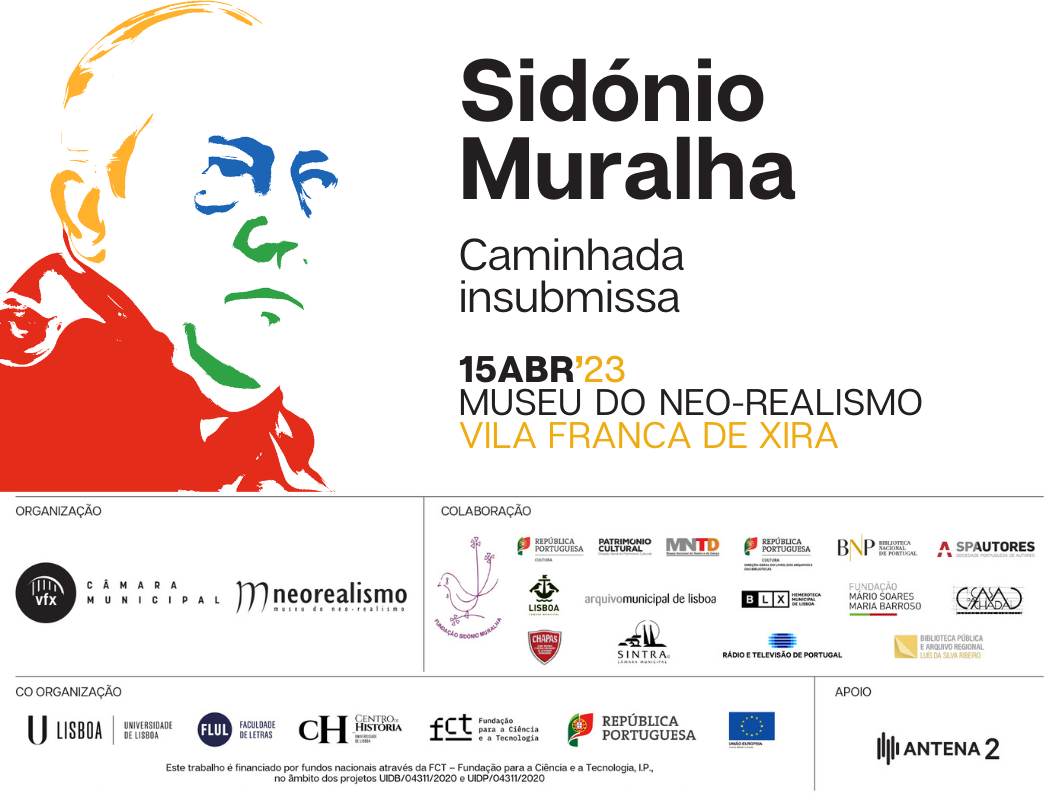

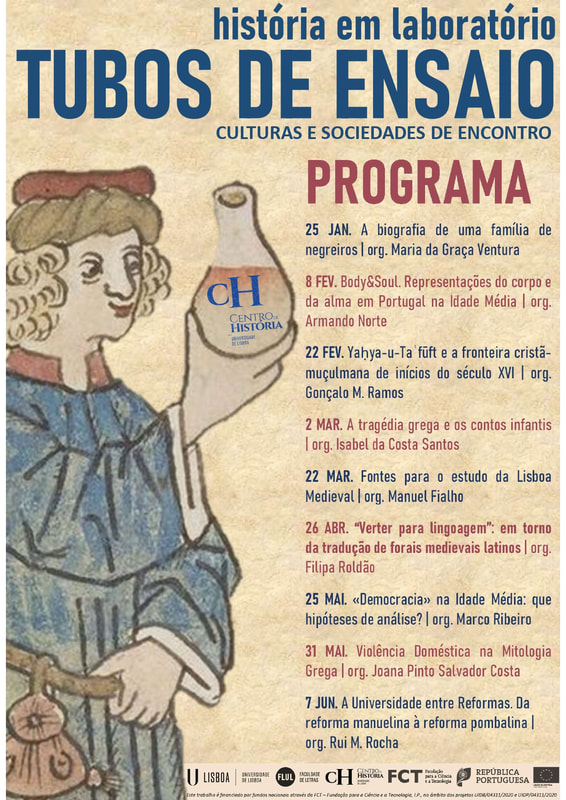
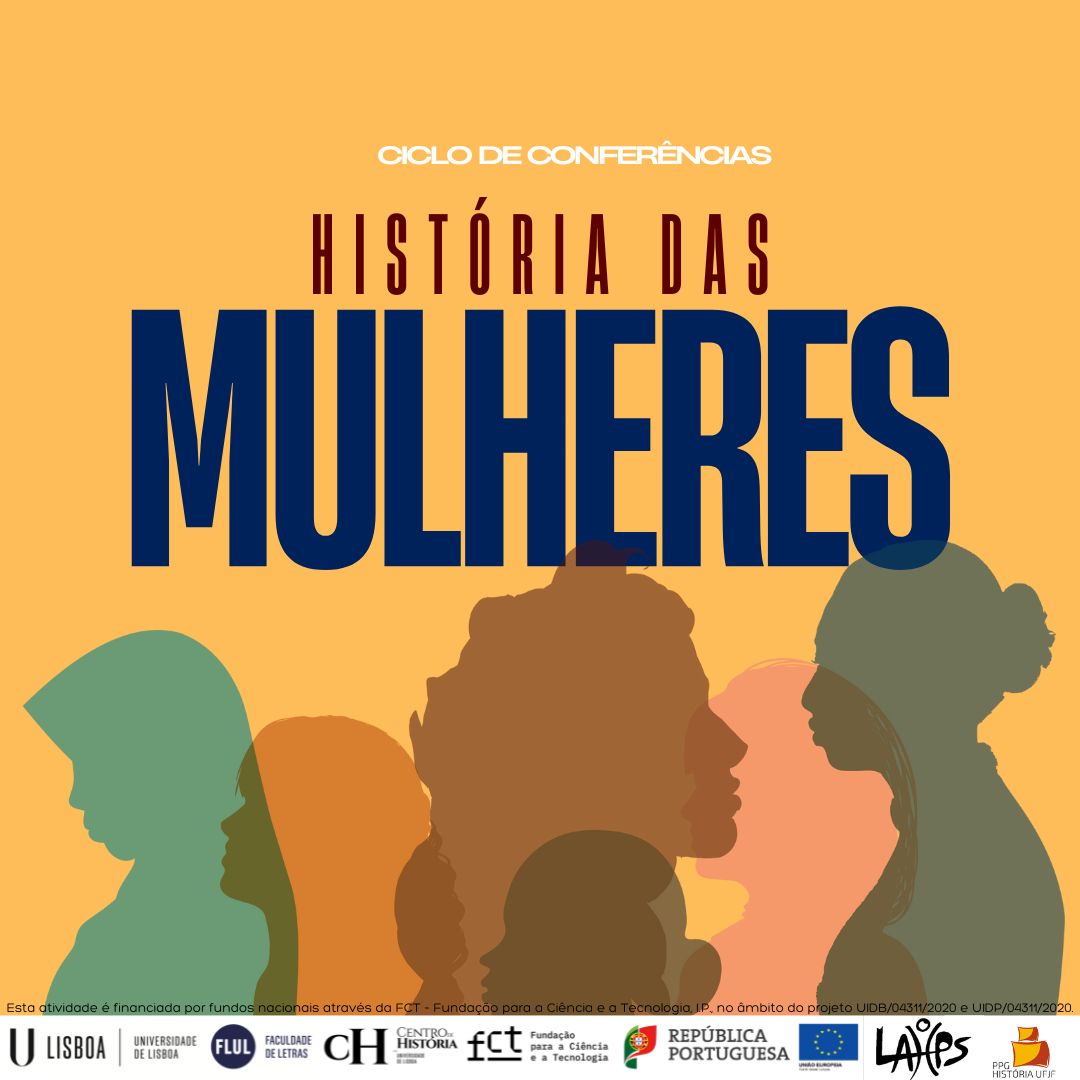
 Feed RSS
Feed RSS
